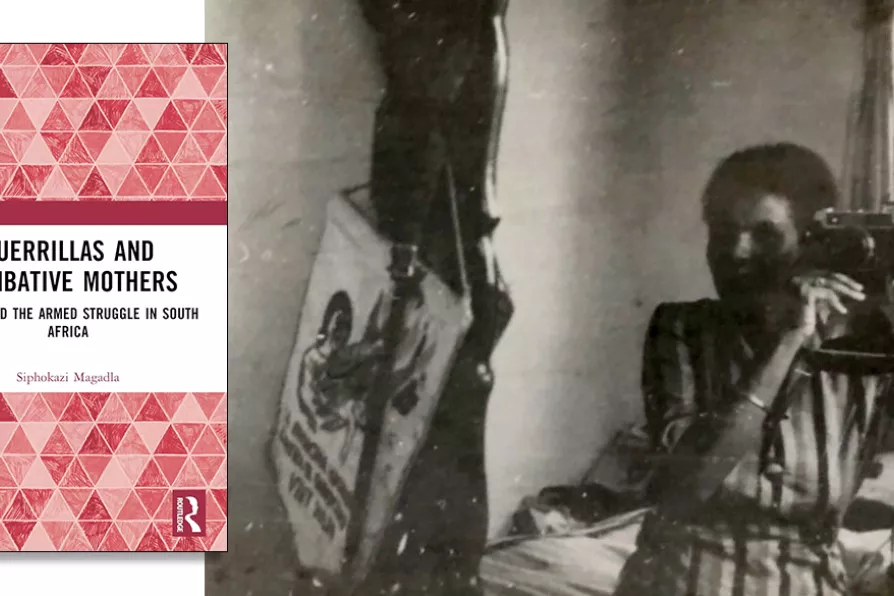MATTHEW HAWKINS contrasts the sinister enchantments of an AI infused interactive exhibition with the intimacies disclosed by two real artists
The legacy of South Africa’s revolutionary women
ANGUS REID speaks to historian Siphokazi Magadla about the women who fought apartheid and their impact on South African society

 ROLE MODEL FOR BLACK WOMEN: Ruth Mompati in the Soviet Union in 1962
[Ngaba and Mompati families/Ruth Mompati Memorial Foundation/Courtesy of Siphokazi Magadla]
ROLE MODEL FOR BLACK WOMEN: Ruth Mompati in the Soviet Union in 1962
[Ngaba and Mompati families/Ruth Mompati Memorial Foundation/Courtesy of Siphokazi Magadla]
Siphokazi Magadla (Pic: Courtesy of Siphokazi Magadla)
SIPHOKAZI MAGADLA is crystal clear about the relevance of her historical work to contemporary South Africa and the wider world:
“The erasure of women’s contributions to the history of the anti-apartheid struggle is connected to the dismissal of women’s roles in the new democratic state. If women didn’t matter in how we got to be liberated, then why would their roles matter now?”
Similar stories

Ben Cowles speaks with IAN ‘TREE’ ROBINSON and ANDY DAVIES, two of the string pullers behind the Manchester Punk Festival, ahead of its 10th year show later this month

JOHN GREEN surveys the remarkable career of screenwriter Malcolm Hulke and the essential part played by his membership of the Communist Party
Read Sisters, the journal of the National Assembly Of Women, below.

CAROLINE FOWLER explains how the slave trade helped establish the ‘golden age’ of Dutch painting and where to find its hidden traces










